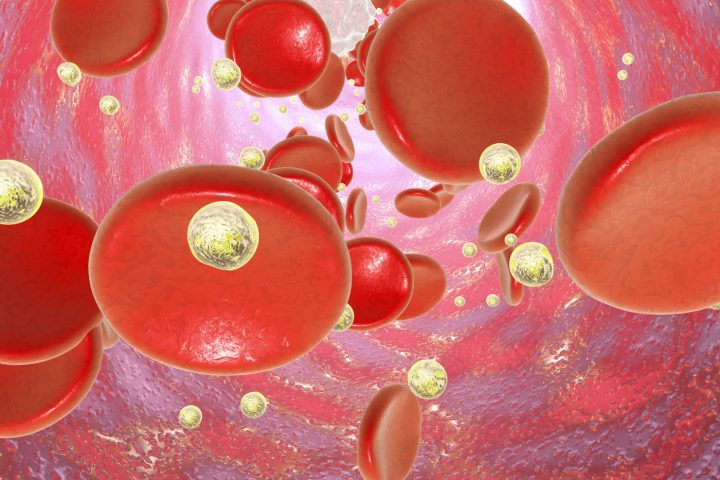Adynovate Approved in Canada for Hemophilia A Patients Younger Than 12
Written by |

Health Canada recently authorized Shire Pharma Canada‘s treatment Adynovate for hemophilia A patients younger than 12 based on results of a Phase 3 clinical trial.
Approved Nov. 21, the injectible factor replacement therapy is available to pediatric patients for the prevention and control of bleeding episodes, as well as in surgical settings.
“It is an exciting time in hemophilia care, with many promising products in the pipeline and coming to market,” Paul Wilton, president of the Canadian Hemophilia Society, said in a press release.
Approved in Canada in 2016 for patients 12 and older, the therapy is based on Advate, a medicine used to replace the clotting factor — factor VIII or antihemophilic factor — that is missing in hemophilia A patients.
Adynovate is made with a technology known as PEGylation, or the attachment of polyethylene glycol (PEG) to a biomolecule. The goal of this approach is to keep the factor in the blood longer, reducing the need for more frequent injections. The therapy is designed to be administered twice weekly to prevent bleeding episodes, and on-demand when needed.
It is produced by Shire, a global biotechnology company focused on serving those with rare diseases and other highly specialized conditions. Shire Canada is its subsidiary.
“As a leader in developing innovative therapies to improve care for hemophilia patients, Shire is pleased to now offer a treatment option that can help Canadians manage hemophilia A from early childhood through to adulthood,” said Eric Tse, general manager of Shire Canada.
“Adynovate’s unique PEGylation technology allows patients to achieve their treatment goals by providing bleed protection and extending time between treatments, allowing patients to spend more time leading active lives, doing what they love.”
In Canada, hemophilia A affects fewer than 1 in 10,000 people, or about 2,500 individuals. Affecting mostly males, the disease is the most common type of hemophilia. More than half of patients have the severe form, in which relatively lower amounts of the clotting factor are present.
Health Canada’s authorization hinged on data from a multi-center, open-label, prospective Phase 3 trial of patients younger than 12. Of 66 patients with severe hemophilia A who were treated preventively, 73% experienced no joint episodes, 67% experiences no spontaneous bleeding episodes, and 38% experienced no episodes.
The most common adverse reactions in the trial were headache, diarrhea, nausea and rash.
In the U.S., the Food and Drug Administration approved Adynovate in 2015 for children age 12 and older, and for those younger than 12 the following year.


